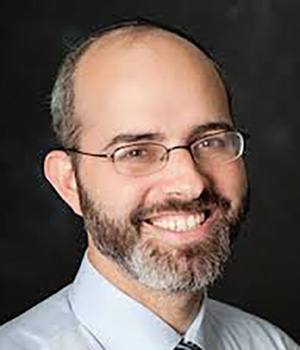
May these words of Torah serve as a merit le’iluy nishmat Menachem Mendel Ben Harav Yoel David Balk, a”h.
This week we learned Makkot 12. These are some highlights.
Makkot 12: A Torah scholar killed by mistake. Does he have to tell people about what he did if they wish to honor him?
Imagine a Torah scholar, in our days, who mistakenly kills. There are no cities of refuge for him to run to. There are no courts that will hear his case to establish that he is obligated to flee. He comes to a new neighborhood. They offer him the honor of delivering a Torah class. Is he obligated to tell them, “I mistakenly killed. I do not deserve honor”? Our Gemara teaches that in the city of refuge, the Torah scholar, who had killed by mistake, had to tell those who wished to honor him about what he had done. Maybe the law only applies in a city of refuge. In our days, we do not have cities of refuge. Is the scholar still obligated to tell people that he had mistakenly killed?
The interpretation of Ritva to our Mishnah would seem to teach that the scholar needs to disclose what he had done. Our Mishnah teaches that if a mistaken killer kills someone in the city of refuge by mistake, he must flee from one neighborhood to another within the city. The cities of refuge were populated by Levites, and if a Levite kills someone by mistake he must go from one city to another, even though both are in the same district. Similarly, if the residents of the city of refuge wish to honor the inadvertent killer, he must first explain to them that he killed by mistake. What is the connection between the law that the Levite must go to a city of refuge and the law that the inadvertent killer must tell those who seek to honor him of what he did? Ritva explains that both laws are predicated on the need for the inadvertent killer to humble himself. Even though the Levite is staying in the same district, by moving from town to town he is humbling himself. Similarly, if a scholar kills by mistake and flees to a city of refuge, if the residents wish to honor him, he must inform them of his sordid past to humble himself. Perhaps, in our days as well, the scholar who kills by mistake should tell people about it so that he humbles himself.
Zoveiach Todah points out that the Sefer Hachareidim (13:17) writes that the obligation for a scholar who kills to tell others “I am a murderer” is a mitzvah that applies in our days. The Yerushalmi derives from our sugya that if a man studied only one tractate and people seek to honor him as a master of two tractates, he must correct them and tell them that he only studied one tractate. Apparently, this law is not an aspect of the city of refuge norms; it is a law against fooling people. I must tell people the truth and not allow them to think better of me than I deserve. Since this law is a mandate about geneivat da’as, it applies in our days. If a scholar killed by mistake and then others, who did not know, wished to honor him with teaching a class, he must tell them about his actions and not accept an honor he may not deserve.
By Rabbi Zev Reichman
(Chashukei Chemed)
Rabbi Zev Reichman teaches Daf Yomi in his shul, East Hill Synagogue.









